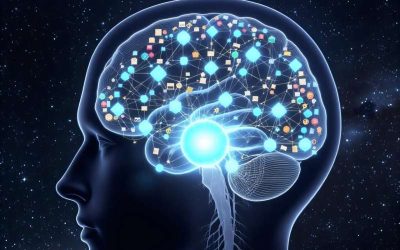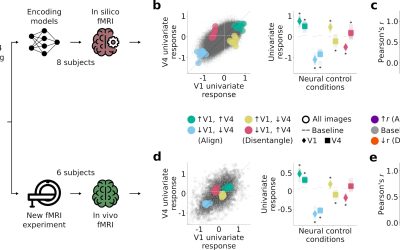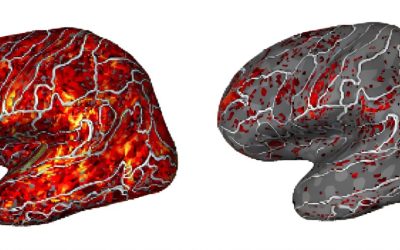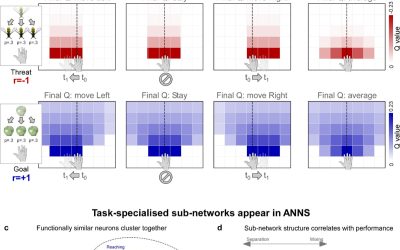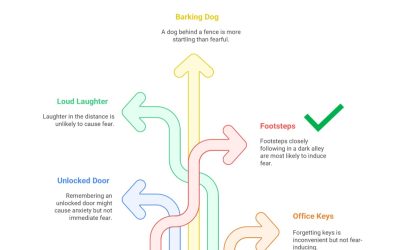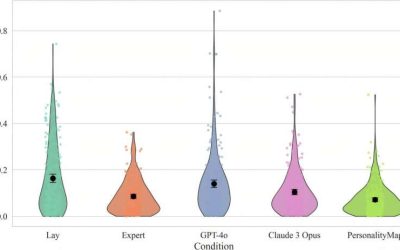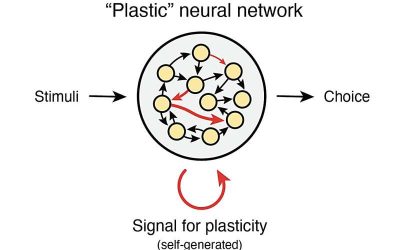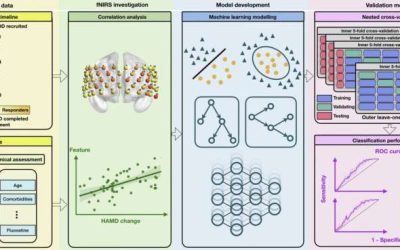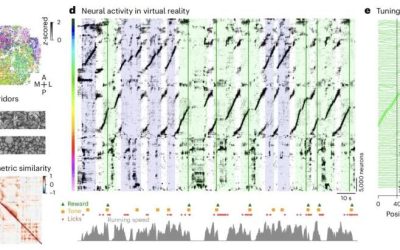Humans can remember various types of information, including facts, dates, events and even intricate narratives. Understanding how meaningful stories are stored in people's memory has been a key objective of many cognitive psychology studies.
Health Informatics
Computational models explore how regions of the visual cortex jointly represent visual information
Understanding how the human brain represents the information picked up by the senses is a longstanding objective of neuroscience and psychology studies. Most past studies focusing on the visual cortex, the network of regions in the brain's outer layer known...
Neurocomputational study sheds light on how the brain organizes conversational content
Conversations allow humans to communicate their thoughts, feelings and ideas to others. This in turn enables them to learn new things, deepen their social connections, and co-operate with peers to solve specific tasks.
Artificial neural networks reveal how peripersonal neurons represent the space around the body
The brains of humans and other primates are known to execute various sophisticated functions, one of which is the representation of the space immediately surrounding the body. This area, also sometimes referred to as "peripersonal space," is where most interactions...
Large language models excel at creating and solving emotional intelligence tests, study finds
Throughout the course of their lives, humans can establish meaningful social connections with others, empathizing with them and sharing their experiences. People's ability to manage, perceive and understand the emotions experienced by both themselves and others is...
AI could be better than humans at predicting correlations between answers to personality test questions
Artificial intelligence (AI)-based models have proved to be promising tools for predicting some data trends and future outcomes with good accuracy. These models' ability to make predictions by analyzing data can be particularly valuable for research, for instance,...
Brain-inspired neural networks reveal insights into biological basis of relational learning
Humans and certain animals appear to have an innate capacity to learn relationships between different objects or events in the world. This ability, known as "relational learning," is widely regarded as critical for cognition and intelligence, as learned relationships...
Using machine learning to predict how people diagnosed with major depressive disorder respond to treatment
Major depressive disorder (MDD) is a debilitating mental health condition characterized by persistent low mood, loss of interest in everyday activities, appetite changes, sleep disturbances and, in extreme cases, suicidal thoughts. Millions of individuals worldwide...
Brain network model can predict when people will feel surprised
Surprise is a key human emotion that is typically felt when something that we are witnessing or experiencing differs from our expectations. This natural human response to the unexpected has been the focus of numerous psychology studies, which uncovered some of its...
Novel visualization method helps make sense of large neuronal activity datasets
Recent technological advances opened exciting possibilities for neuroscience, enabling the collection of increasingly detailed neural data. Making sense of the large number of neural recordings gathered by neuroscientists worldwide, however, has so far proved more...

